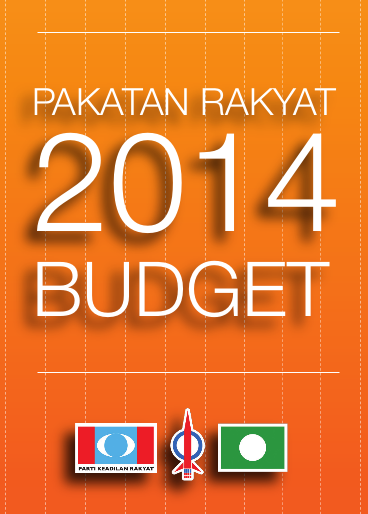Is the Ministry of Education paying YTL higher than market rate for Chromebooks?
In my statement yesterday, I have revealed that YTL Corporation Bhd and its subsidiaries have been awarded a monopoly over a host of lucrative projects by the Ministry of Education to provide:
High-speed 4G broadband under the 1BestariNet programme to all schools (RM663 million for a contract of 2.5 years);
A Virtual Learning Environment (VLE) platform for teachers, students and parents (RM250.5 million for fixed-term licensing fees and RM262.8 million for management and maintenance costs); and
Chromebooks under the 1 Student 1 Device programme (RM139.6 million for an initial order of 116,399 units at a cost of RM1,200 per unit).
I have also noted how most of the above costs will be recurring, in particular licensing costs and maintenance costs. At the same time, I also highlighted that the purchase of Chromebooks is set to cost the Ministry a bomb, bearing in mind that Education Minister and Deputy Prime Minister Tan Sri Muhyiddin Yassin has publicly promised to provide one laptop to each student in the country under the 1 Student 1 Device programme. This amounts to a whopping RM6.6 billion for 5.5 million students, at a price of RM1,200 per unit, a price revealed to me in my Parliamentary reply.
I would now like to question the cost-efficiency of the proposed purchase of Chromebooks. Chromebooks are laptops based on cloud computing, which means each unit is not user-specific. In other words, users can login using any Chromebook to access their information and files, which are kept on a “cloud” or a remote server. The Parliamentary reply I received on 8 July 2013 states that the Ministry intends to begin the rollout of Chromebooks next year.
According to a Ministry guideline on the supply of Chromebooks[1], schools will be supplied with either a Chromebook Samsung or Chromebook Acer with Wi-Fi capabilities. A quick check on retail prices reveal that a Chromebook Samsung with Wi-Fi capability sells for RM988 in Malaysia, while one with in-built 4G retails for RM1,299. In fact, these prices are slightly higher than the cost of similar units worldwide, as per my comparison below.
| Country | Cost | Model |
| Malaysia | RM988 | Samsung Wi-Fi |
| RM1,299 | Samsung 4G | |
| United States/Canada | RM633 | Acer C7 Wi-Fi |
| RM792 | Samsung Wi-Fi | |
| Australia | RM952 | Acer C7 Wi-Fi |
| RM1,111 | Samsung Wi-Fi | |
| United Kingdom | RM943 | Acer C7 Wi-Fi |
| RM1,085 | Samsung Wi-Fi |
Table 1: Prices of Chromebooks worldwide
Therefore, the question begs, why is the Ministry paying RM1,200 for a Samsung Wi-Fi unit when the same unit retails for only RM988? Surely the Ministry would be able to get a substantial discount considering that it is ordering 116,399 units with a view to buy 5.4 million more in line with the 1 Student 1 Device programme?
At the same time, wouldn’t the Ministry have been able to get a better deal if they were to buy the Chromebooks directly from the manufacturers, i.e. Samsung or Acer?
In response to my question in Parliament yesterday regarding the rationale for awarding YTL a monopoly over the three projects, Deputy Finance Minister Datuk Ahmad Maslan stated that it was more economical to use Chromebooks than to build new computer labs in schools. He informed Parliament that the use of Chromebooks comes to about RM86,700 per classroom, which is cheaper than the RM150,000 it would cost to build a normal computer lab.
If that is the case, then would it not be even cheaper if the Government had sourced for the Chromebooks directly from the manufacturers, rather than paying a premium through YTL, which is neither a computer manufacturer nor distributor?
